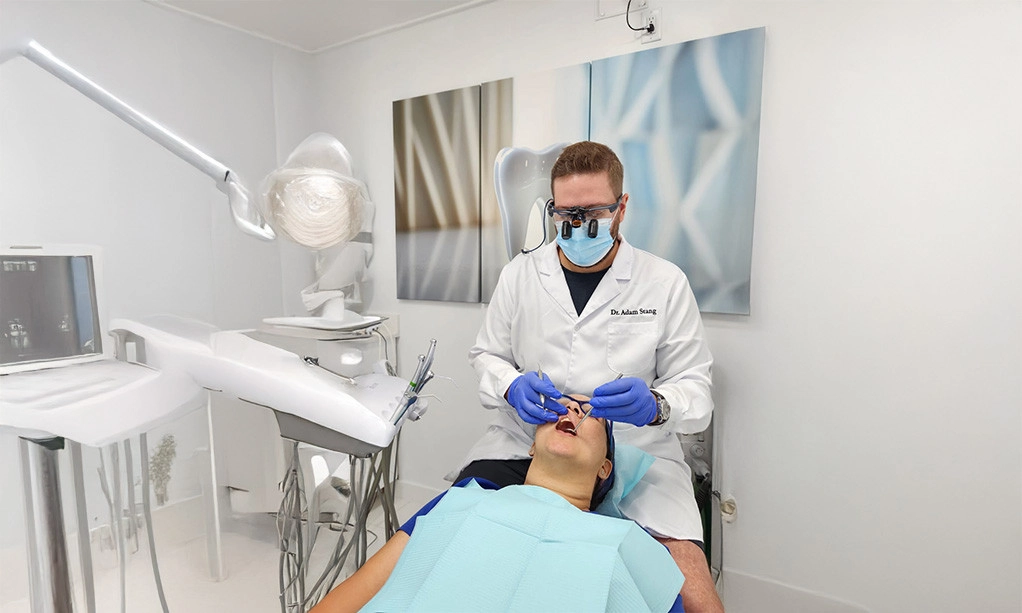
Oral Cancer Screening
Oral cancer frequently appears without any outward signs. It might not hurt, and early symptoms are frequently difficult to notice. Consistent screening is therefore essential for long-term health since it enables early identification of any abnormalities, even in the absence of obvious issues.
Oral cancer screening is not particularly noteworthy during a standard dental examination. It's done discreetly, expertly, and carefully; a few more minutes may have a big impact.
Why Screening Matters
Not every oral irregularity is dangerous. There are several reasons why a patch that feels different, a sore that takes a long time to heal, or a little colour change. However, these are the types of shifts that are worth noting.
One of the best strategies to lower the chance that oral cancer may spread undetected is early identification. Early evaluation of these alterations is made possible by screening, frequently prior to the onset or worsening of symptoms. It's not a forecast, but a precaution.
Who Should Be Screened?
Long-term sun exposure, heavy alcohol use, and tobacco use are risk factors for oral cancer, but they are not the only ones. Regular checks are recommended for anyone over 40, individuals with a history of cancer, and anybody observing changes in their oral tissue. Screening is still a useful preventative strategy even when risk factors have not been found.
What the Screening Includes
Screening for oral cancer is rapid and non-invasive. It usually takes place at your routine dentist appointment and includes:
- Visual inspection of the roof of the mouth, inner cheeks, gums, lips, and tongue.
- A meticulous examination of the oral tissues, jaw, and neck to find any irregularities.
- Noting any lesions, discolourations, or locations that would require further evaluation.
Something that doesn't look normal doesn't always indicate a problem. Although the majority of the findings are modest, we may suggest a follow-up or send you to a specialist for additional evaluation if needed.
A Broader View of Dental Health
Oral health includes more than simply teeth, despite the fact that cleanings and fillings are commonly associated with dentistry. The condition of the soft tissues, lymph nodes, and jaw structures may be early markers of more significant health conditions. Oral cancer screening is a small but important portion of the visit, especially if done frequently.
If you haven't had a screening recently or have noticed something odd in your mouth, it's a good idea to bring up the subject at your next test. Like many aspects of healthcare, early intervention is often the simplest and most effective approach.

